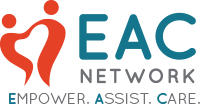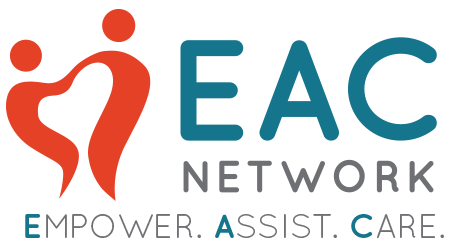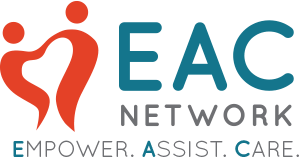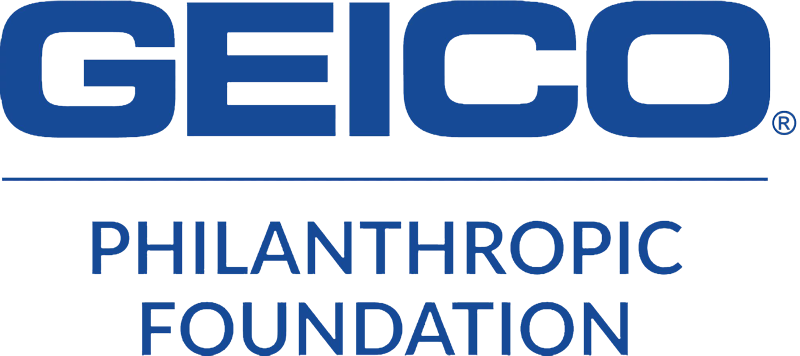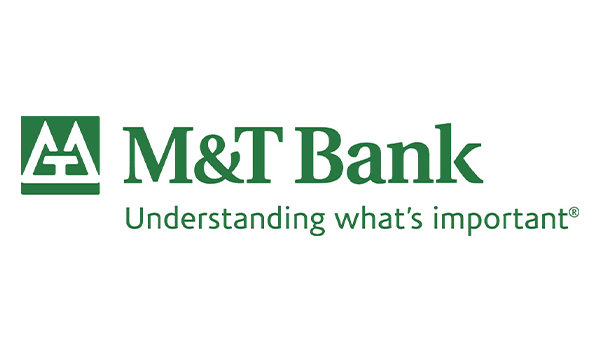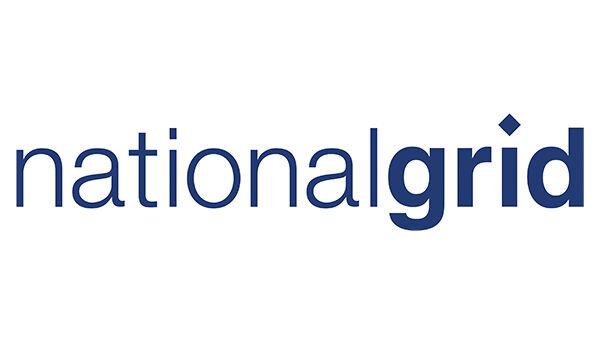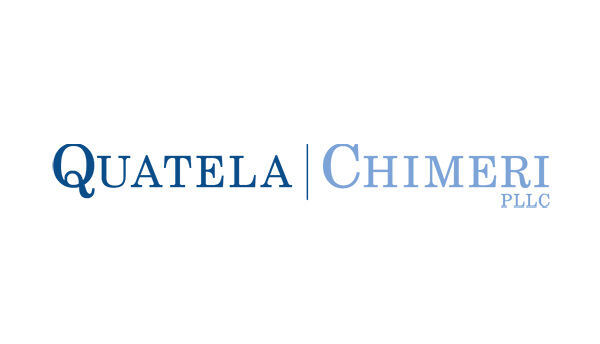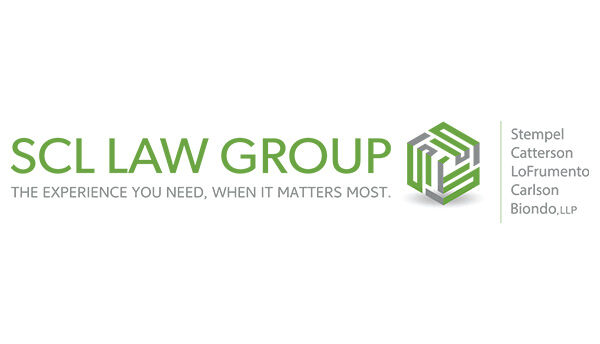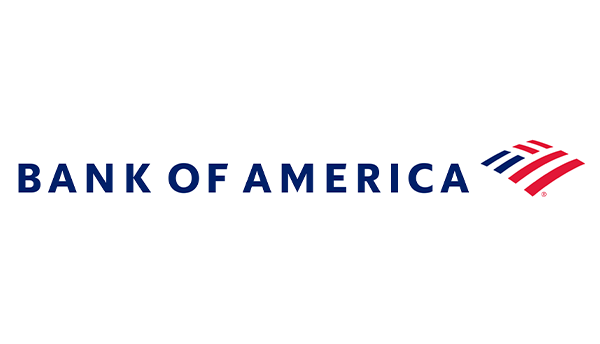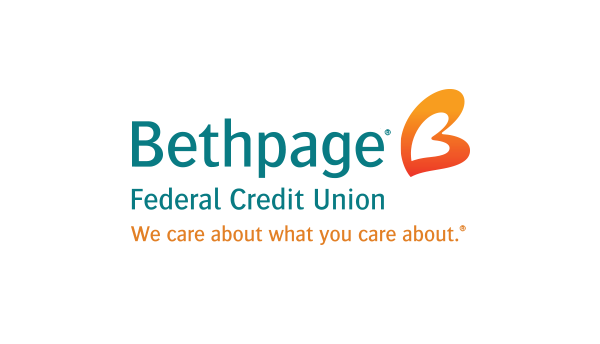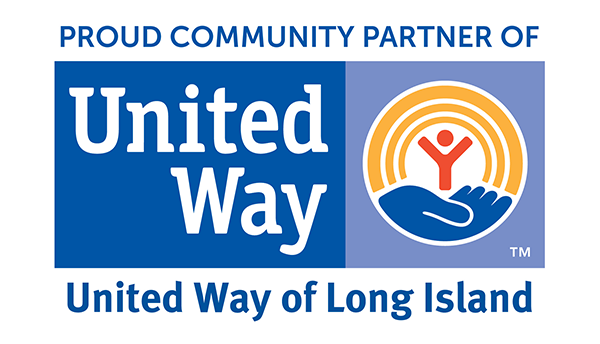
During the past five years, EAC Network’s alternatives to incarceration program, Nassau TASC (Treatment Accountability for Safer Communities), has helped more than 1,200 individuals involved in the justice system who have a substance use disorder. Through services like outpatient treatment, monitoring, and self-help groups, local residents, such as recent graduate Ms. S.L., are using the program to put their lives back on track.
Stopping the Cycle of Addiction and Incarceration
After a Felony Aggravated DWI, Ms. S.L. was referred to Nassau TASC, which provides alternatives to incarceration that promote public safety by integrating the criminal justice and substance abuse treatment systems. EAC Network’s program diverts individuals from jail or prison while providing a variety of support services. Its goal is to provide interventions to stop the cycle of addiction, arrest, release, and relapse. Many participants, like Ms. S.L., have successfully used TASC to stay sober and out of the criminal justice system.
The Night of the Arrest
On the night she was arrested, Ms. S.L. was so intoxicated that she had passed out in her car. When the police woke her up, she had a blood alcohol level that far exceeded the legal limit for impaired driving. Due to prior DWI conviction, Ms. S.L. was charged with Felony Aggravated DWI, a more serious offense than drunk driving.
Ms. S.L had a pattern of drinking while driving. Her first DWI arrest happened when she was 18 years old. Since her most recent arrest was within 10 years of her first conviction, Ms. S.L. was facing up to four years in prison or as much as three years of probation, an 18-month driver’s license revocation, and mandated attendance at a Victim Impact Panel.
A Second Chance for a Local Woman
After a screening and assessment, Ms. S.L. was deemed eligible for TASC monitoring.
Once in the alternatives to incarceration program, she shared that she was also under the influence of drugs on the night she was arrested. As a result, Nassau TASC referred her to outpatient treatment where she came to realize that her substance use was more serious than she had previously acknowledged.
Ms. S.L responded well to treatment and attended programs as directed. She gained insight that helped her recognize her triggers for substance use and the emotions that accompanied them.
Her participation in Nassau TASC also included a lengthy process of monitoring. During this time, Ms. S.L became comfortable with her case manager and began acknowledging that she could begin working on her assertiveness and advocating better for herself.
Overcoming a Short Setback
Unfortunately, not every journey sails smoothly, and six months into treatment she was re-incarcerated due to a violation of driving privileges. During a brief stay in jail, Ms. S.L. attended available self-help groups. Upon release from Nassau County Correctional Facility, she resumed participation in outpatient treatment and TASC monitoring.
Although she had family support, employment and an education, Ms. S.L. struggled with cravings to resume using alcohol and drugs during her time in the Nassau TASC alternatives to incarceration program.
However, she stuck with it. Ultimately, she stayed in the program for 19 months, which is a remarkable five-to-seven months longer than the average participant.
A Grateful Nassau TASC Participant
Upon successfully completing Nassau TASC, Ms. S.L informed the program director and supervisor that she was so thankful that this program was available. If she had not been accepted into EAC Network’s program, she could have been incarcerated for four years in a New York State prison.
Ms. S.L. attested that she never felt judged during her TASC visits and always felt supported by the staff through all the challenges she faced. She said that she always looked forward to going to TASC’s programs where she gained invaluable insight.
“The two things I learned from TASC that I feel is important are: I come first and nothing is worth destroying my sobriety,” Ms. S.L. said.
Support our Alternatives to Incarceration Program Today!
Ms. S.L. is just one success story in Nassau TASC’s alternatives to incarceration program. To learn more or to support our mission, please contact us today.
